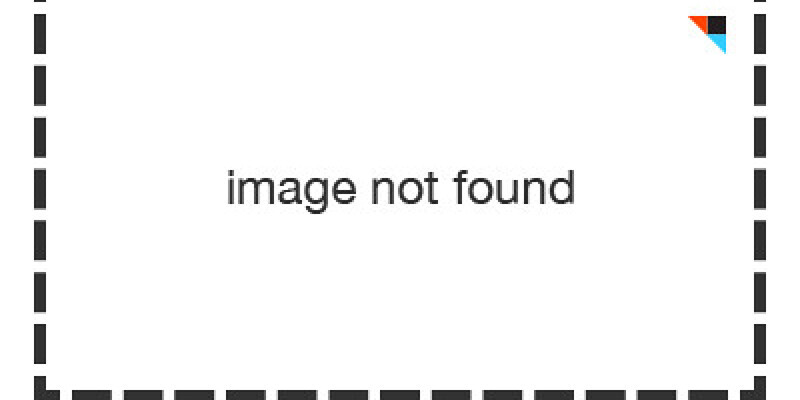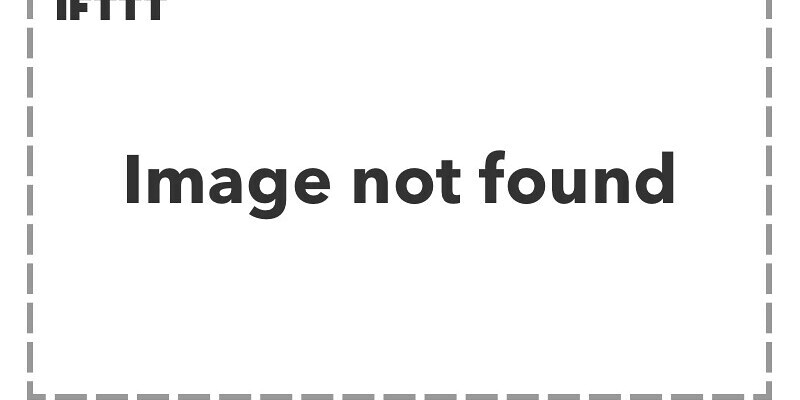Many mortgage lenders won’t leave it up to you to cover your property taxes and hazard insurance. Rather, when you register up for a mortgage you’ll be asked to open and put money into an escrow account, which your lender will use to cover those bills. Knowing your home is insured and it can’t be seized for back taxes gives them more confidence in using it as collateral for the mortgage loan.
Procedure
If your mortgage company has set up an escrow account, then you won’t pay to it straight. Rather, Realty Times states, your mortgage payment will probably be set up to include your monthly hazard insurance premium, a part of your property taxes to the year and, even if your lender needs it, a mortgage insurance premium. Your lender will then use the money to cover the taxes and insurance as they come due.
Starting
Your lender may require you to place a first deposit into escrow when you close on the loan, Realty Times states. If you only have four months before property taxes are due in January, your lender may need you deposit eight months of obligations at closing, so it will have the full year of payments when they’re required. Lenders can also ask for two extra months as a cushion, in the event you’re delinquent making payments at some point.
Size
Your initial payments, as stated by the Street, will likely be based on your homeowners insurance policy–you’ll need proof of insurance to obtain the mortgage–and the latest property taxes on your home. If your taxes or premiums go up, so will your monthly payments. To avert a surprise hike, the website recommends, you should stay informed of your taxes and insurance, rather than leaving the lender to handle all of it.
Drawbacks
Once money goes into an escrow account, it stops working for you, as most accounts do not earn interest, the Mortgage Professor states. In California, as an example, escrow accounts only make interest if the borrower requests it and meets various legal conditions. If you can keep your obligations minimal, you can place more of your cash into interest-bearing investments.
Caution
Your lender has to supply you with an yearly statement showing the amount of cash in the escrow accounts was spent. Realty Times advises that you read this and confirm that your account is the ideal size, and your lender has calculated that the payments properly. It’s also advisable to check with your lender every year to ensure that the payments have actually been made; there have been instances where the lender screwed up along with the homeowner only discovered when she was notified her home would be sold for taxes.


